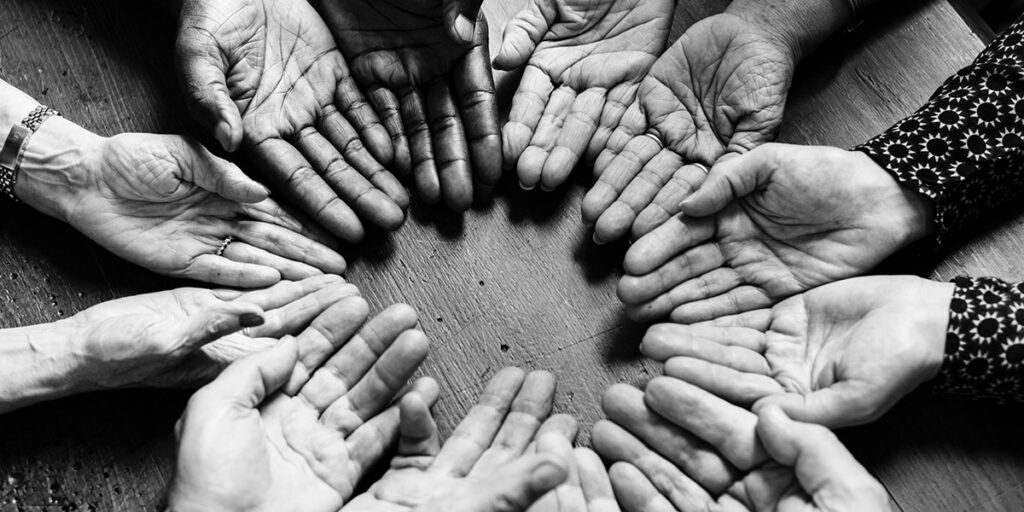Allah’s command to give zakat* is equal to His command to establish the daily practice of salat, so much so that they are frequently mentioned together – in fact, 25 times (matching the number of prophets named in the Quran). Our worldly income, if not shared with others (if we can), turns into a burden on our souls, weighing them down and even can nullify our salat prayers. Everything, and I mean everything, interrelates. Money and other forms of wealth form a most powerful “heavy” relationship to people, for whom it is felt as a primary essential benefit. It’s quite easy for money to dominate our direction in life, making us forget Allah the Exalted, the Source of all resources and all wealth, and Who alone controls all these complex interrelated “worlds.” His name Lord of all worlds (Rabb Al-‘Alameen) expresses this comprehensive authority, and Allah’s all-encompassing generosity. When we don’t spend in His Way, we violate this generosity and our gains can become worthless. When we do give, Allah increases His giving to us as a reward.
*(Alternate spelling zakah, but I prefer zakat as it’s closer to the original Arabic.)
Continue reading







